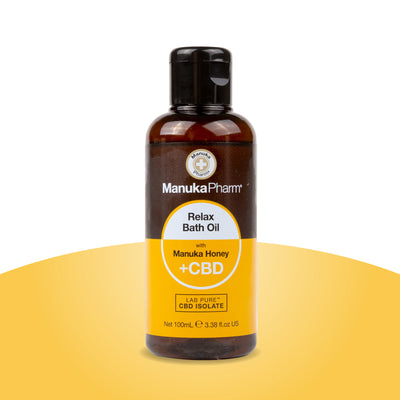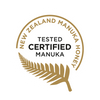If you’ve been diagnosed with fibromyalgia, you’ll know that chronic pain can be hard to live with. However, there are plenty of treatments and lifestyle changes that can help to ease the symptoms of this complex condition.
Here, I share four simple suggestions designed to relieve your pain, boost your wellbeing and improve your quality of life.
What causes fibromyalgia pain?
Doctors believe that there are two key reasons why people with fibromyalgia experience widespread pain. Firstly, sufferers tend to be deficient in serotonin, an important hormone that modulates pain perception, as well as stabilizing our mood.[1] Secondly, researchers have identified a threefold increase in the neurotransmitter substance P, which transmits pain signals.[2] Together, these imbalances result in abnormal pain processing and lower pain thresholds.
Find the right medication
When it comes to relieving fibromyalgia related pain, my first suggestion is to find the medication that’s right for you. This can take time, so you’ll need a patient GP and a large helping of persistence. Options available include:
Painkillers
You might find that simple over the counter painkillers like paracetamol help to ease your pain, but your GP may also consider prescribing stronger medication such as tramadol, codeine or dihydrocodeine.
Antidepressants
These help by boosting your serotonin levels, which are likely to be low if you have fibromyalgia. Your GP might prescribe a tricyclic antidepressant such as amitriptyline, or a newer option like fluoxetine.
Anticonvulsants
Originally used to treat epilepsy, anticonvulsants such as gabapentin and pregabalin are helpful for some people with fibromyalgia.[3]
Relax regularly
If you’re experiencing chronic pain, you’ll probably find that your muscles are extremely tense for prolonged periods. Unfortunately, this tension is likely to aggravate your symptoms, which is why my second suggestion involves learning some simple relaxation techniques which you can practise on a regular basis.
As well as reducing muscle tension, relaxation has the power to lower your stress levels and release endorphins, which are often referred to as the body’s natural pain killers.[4] You’ll also experience the benefits of breathing more deeply.[5]
From sensory exercises to deep muscle relaxation techniques, there are many different ways to fully relax, so why not take some time to explore the options?
Consider CBD oil
Containing over eighty different chemicals known as cannabinoids, the cannabis plant has been used for pain relief and other remedies since ancient times.[6] Thanks to its psychoactive qualities, THC is the best-known cannabinoid, but there’s also plenty of interest in the non-psychoactive cannabinoid CBD, which is a popular option for people seeking alternative pain relief.
Can CBD relieve the chronic pain associated with fibromyalgia? Although more research is required, a recent survey involving 2,701 fibromyalgia sufferers has provided promising evidence. According to the study’s conclusion, many of the participants who were using CBD for pain relief and other symptoms experienced slight to significant relief. [7]
Keen to experience the benefits of CBD for yourself? Manuka Pharm’s range of CBD infused products includes cooling gels, expertly blended capsules and delicious flavoured gummies.
Enjoy gentle exercise
When you’re living with chronic pain, exercise is probably the last thing you want to do, especially if you struggle with daily activities. But leading a sedentary lifestyle isn’t helpful, as it can lead to deconditioned muscles, increased pain and a fear of exercising.[8]
It might sound counterintuitive, but research has shown that staying active is one of the most effective ways to alleviate the pain caused by fibromyalgia. In one study involving four hundred women, increasing light physical activity resulted in less pain and significantly reduced fatigue. In another, strength training led to fewer tender points, extra energy and improved sleep.[9]
When it comes to boosting your activity levels, choosing your exercises with care is the key to success. Aim for a mix of low impact aerobic exercises (such as walking and swimming) and stretching exercises that will increase your flexibility. Tai Chi is particularly effective for fibromyalgia sufferers. [10]





















